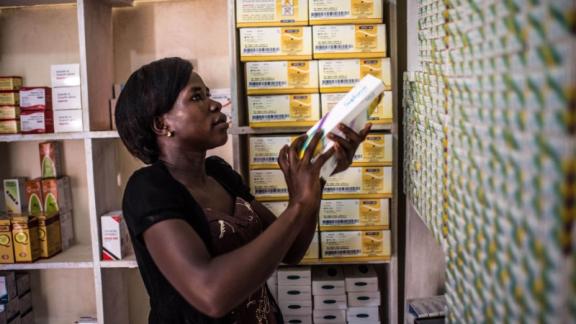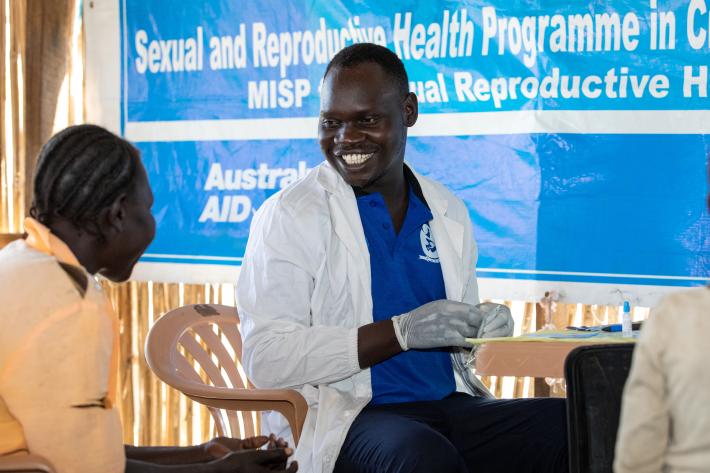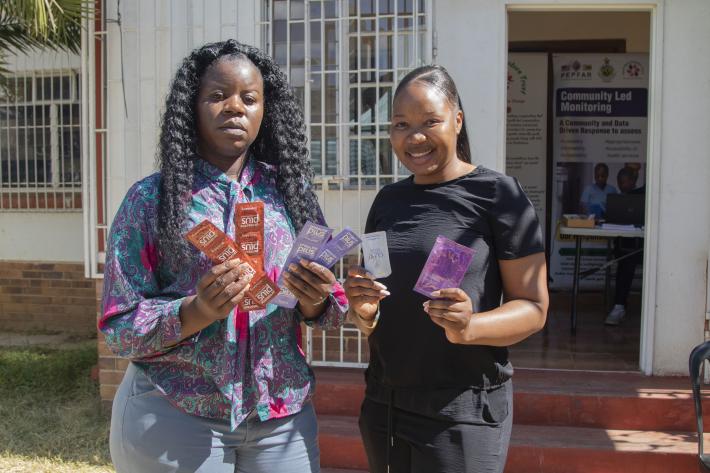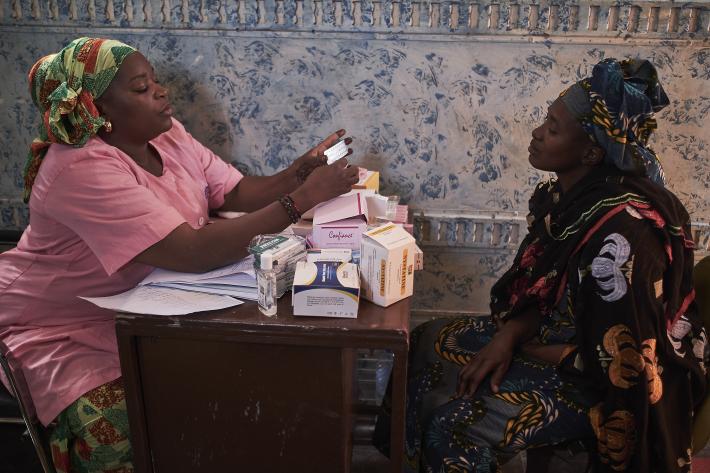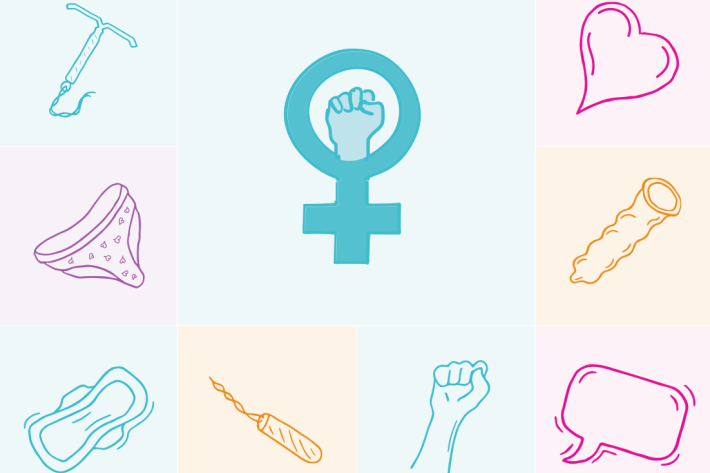Spotlight
A selection of resources from across the Federation

IMAP Statement on Preventing Female Genital Mutilation
This statement provides guidance to prevent, respond to and mitigate the impact of FGM.
Filter our resources by:

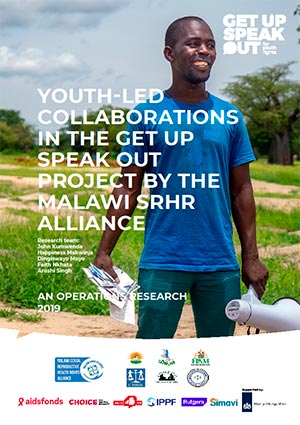
| 01 October 2019
Youth Led Collaborations in Malawi

| 20 September 2019
Watch: Let's Talk About... Sex & Disability
"Disabled people are sexy" "If you’re blind, how do you have sex? And I’m thinking, what kind of sex are you having?" Our new series tackles five major topics: Sex & Disability, Sex & Pleasure, Sex & Consent, Sex Education and Sex & Social Media. In this episode, Joy and Rachelle talk about their own experiences of living with a disability and some of the stigma and stereotypes they face when it comes to sex. They also have a few handy tips (hint more people should have sex with people living with a disability) on how to incorporate your disability into your sex life!

| 20 September 2019
Watch: Let's Talk About... Sex & Pleasure
"At the end of the day, people need to know that when it comes to sex, it literally doesn’t matter what anybody else thinks" "Pleasure is something that can be taught" Our new series tackles five major topics: Sex & Disability, Sex & Pleasure, Sex & Consent, Sex Education and Sex & Social Media. Sex and Pleasure should be synonymous but let's face it - sex can be awkward, it can be fun and it doesn't always involve intercourse. In this episode, we ask six young people what they think people should know about sex and pleasure.

| 20 September 2019
Watch: let's Talk About... Sex & Social Media
"I think what’s really good about social media is that it gives you the information that you’re not given at school" "I mean certainly for LGBT+ people, social media has made it easier to find each other" Our new series tackles five major topics: Sex & Disability, Sex & Pleasure, Sex & Consent, Sex Education and Sex & Social Media. Scroll. Swipe. Comment. Share. Like. All actions that 10 years ago would not have made a lot of sense but have now weaved their way into our everyday life. Social media has changed the world we live in - it has created safe spaces for people to come together but has also become a playground for trolls. In this episode, we ask - what impact has social media had on sex and sexuality?

| 20 September 2019
Watch: Let's Talk About... Sex Education
"Sex education in schools let people down when it comes to educating them about queer sex" "By the time I was 14, I was pretty confident I was gay, and I was sat there and I was like, these lessons are useless" Our new series tackles five major topics: Sex & Disability, Sex & Pleasure, Sex & Consent, Sex Education and Sex & Social Media. In this episode, Joy, Rachelle, Wumi, Toby, Emilia and Varshini sit down and discuss their experiences of sex education at school. Spoiler alert: There's a lot of room for improvement!

| 20 September 2019
Watch: Let's Talk About... Sex & Consent
"If it’s not an enthusiastic yes, take it as a no" "Consent is sexy" Our new series tackles five major topics: Sex & Disability, Sex & Pleasure, Sex & Consent, Sex Education and Sex & Social Media. In this episode, six young people tackle the often confusing subject of consent. Is consent a simple yes or no? Is consent black and white? How are we taught consent from a young age? In a lively and insightful way, each young person talks about their own experiences with consent and the lack of clarity around what it means, what it looks like and how you navigate the subject.
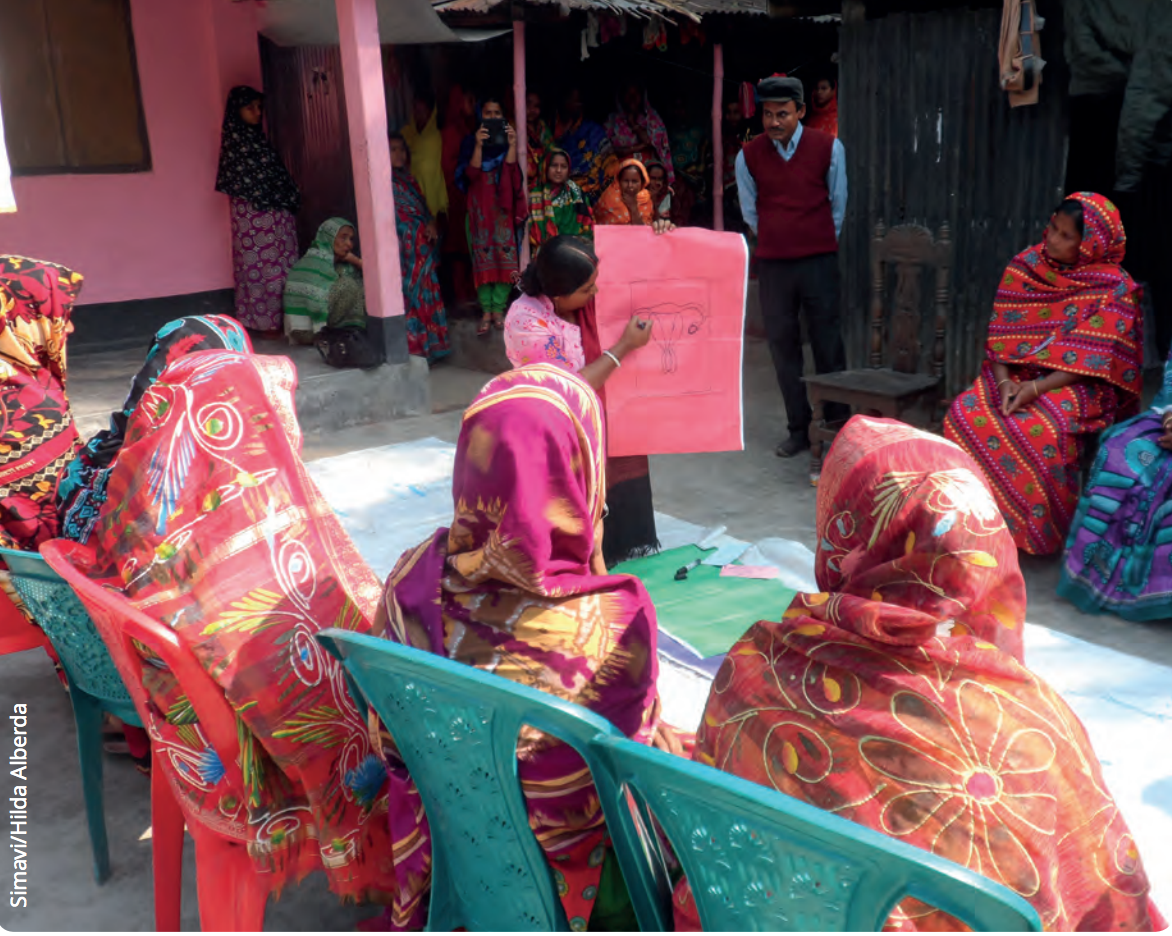
| 03 September 2019
A Shared Agenda: Exploring links between water, sanitation, hygiene, and SRHR in sustainable development
IPPF attended World Water Week Conference in Stockholm on 28-29 August and presented a reportthat we prepared together with WaterAid, MSI, IWHC and Simavi which demonstrates that combining WASH and SRHR bolsters health and human rights outcomes.
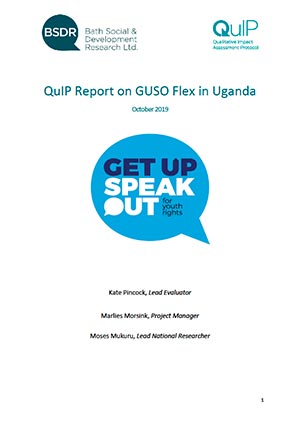
| 01 September 2019
Community Healthy Entrepreneurs Evaluation
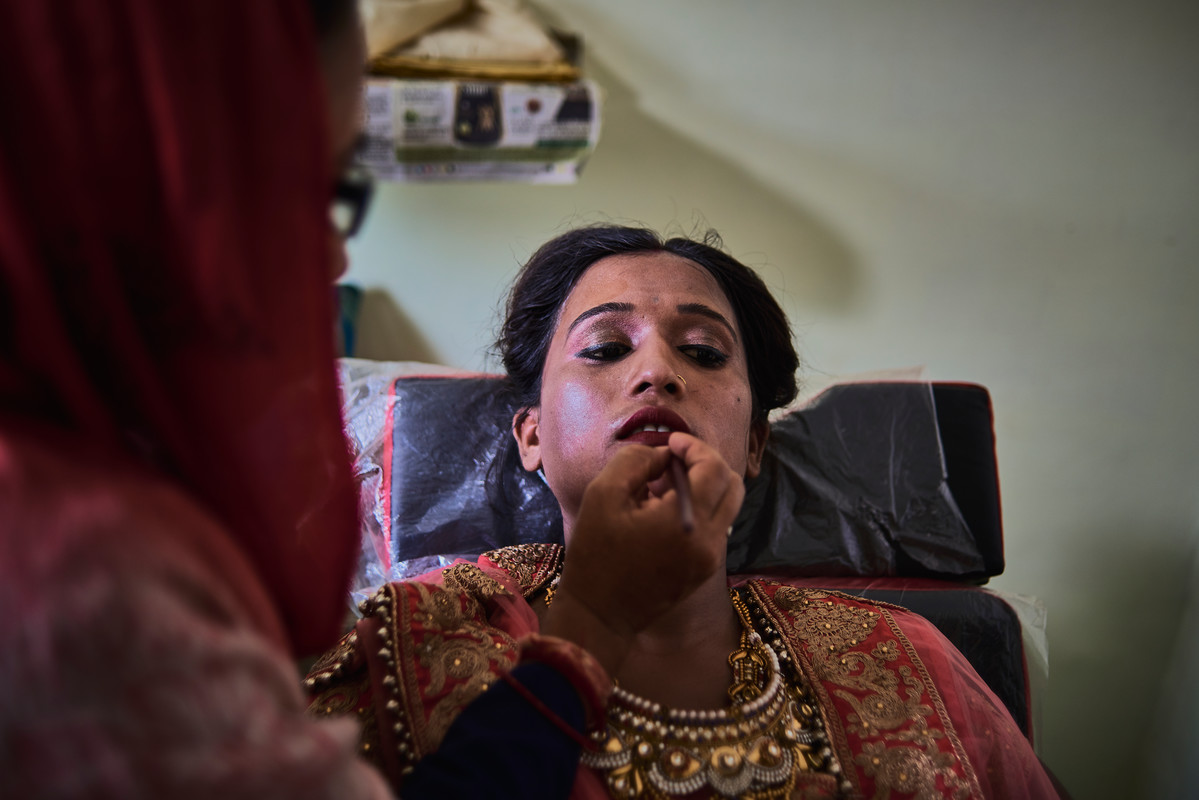
| 08 August 2019
Watch - Beauty Behind Bars: Life after prison for women in India
India is home to 20 female-only prisons, that have the capacity to hold just 5,000 inmates. Women currently make up 4% of India's prison population. Before they reach prison, many women have already experienced sexual and gender-based violence. Many inmates face discrimination and are often ostracized from their community and their families once they are released. Realizing a gap in care for women once released, the Family Planning Association of India (FPAI) have stepped in to ensure women are equipped with not only healthcare whilst in prison but life training skills. Skills that will financially support them and their children with or without the support of their families. Established in 1949, the Family Planning Association of India has provided life skills training ranging from beauty parlour related work to car mechanics to 768 women in six locations.
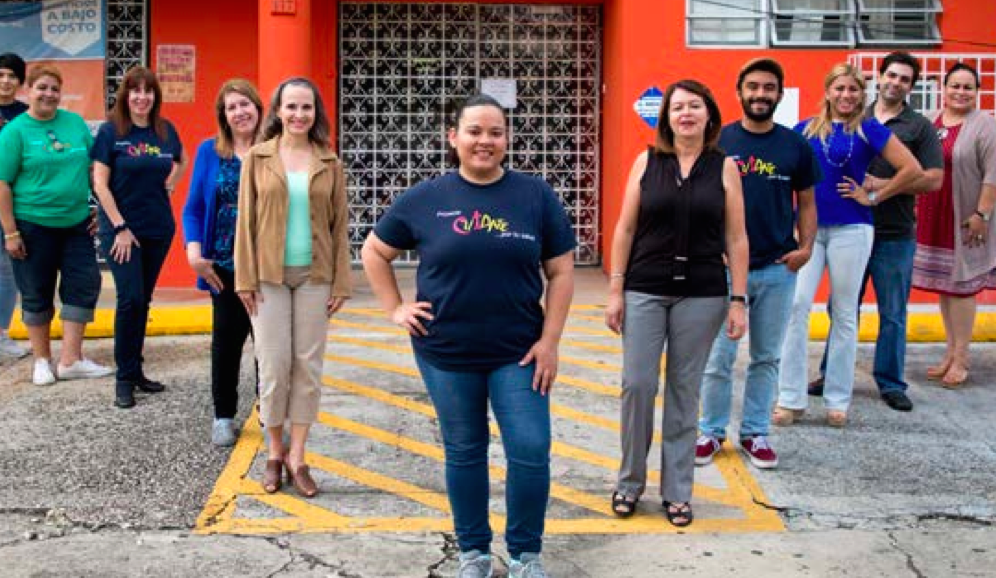
| 31 July 2019
Scaling up social franchising 2014-18
This report introduces you to IPPF’s social franchising work, theory of change and strategy. It provides a summary of investments and results by country. It presents an outline of our knowledge management and sharing as well as processes and results of monitoring and evaluating the work of the SFWG and the Scale Up Fund. We also document lessons learned and the way forward in enabling SRH services to achieve universal access to SRH and rights.
Pagination
- First page
- Previous page
- …
- 10
- 11
- 12
- 13
- 14
- …
- Next page
- Last page







